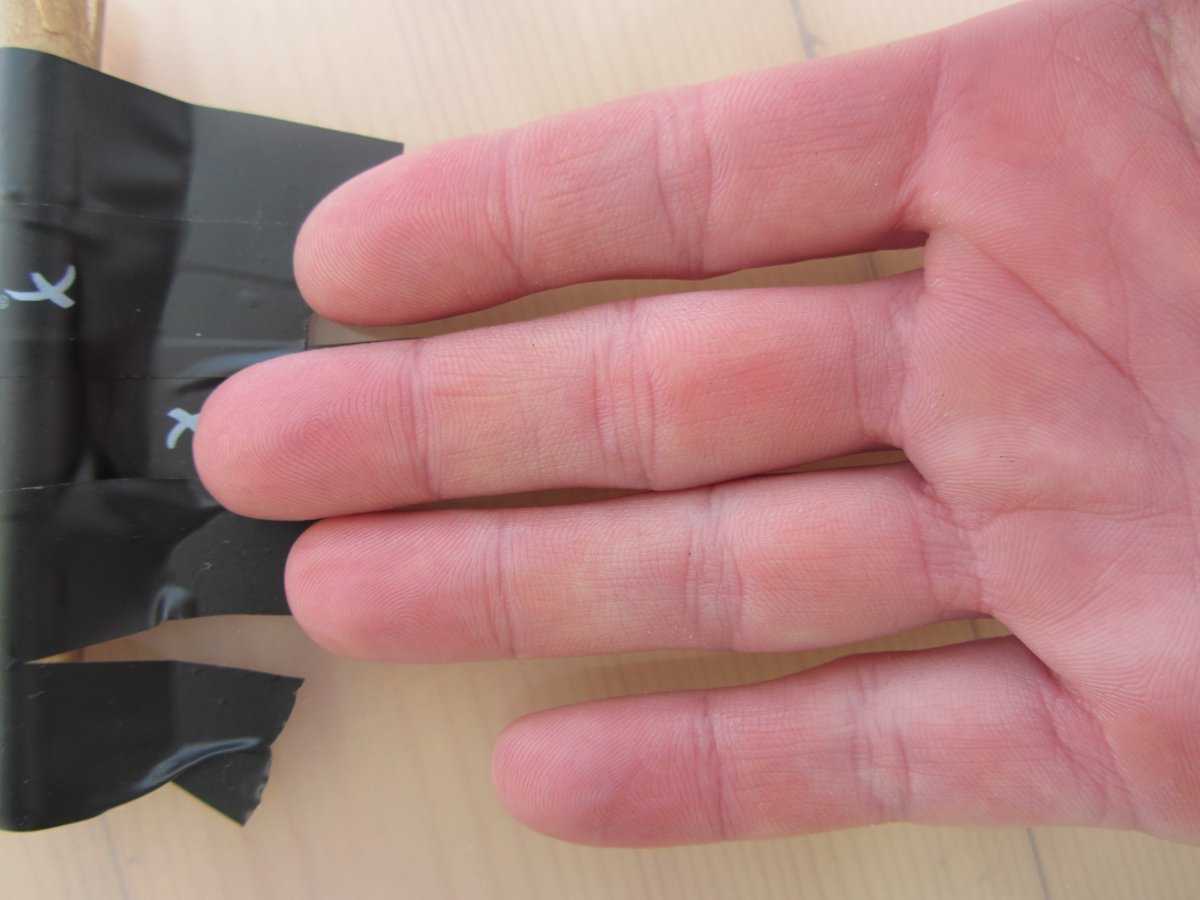
Talented long-distance runners are more likely to have higher levels of testosterone, and could possess evolutionary "signals" of desirable genes according to researchers.
Higher levels of testosterone - the male sex hormone - can convey evolutionary advantages such as high sex-drive and sperm count as well as athletic ability. Researchers are arguing that females may have looked favourably upon males with good long-distance running ability in the pre-civilisation hunter gatherer past, due to their ability to catch prey.
Recording their findings in the journal PLOS ONE, the authors say "persistence hunting" - catching prey through long-distance chases - could have been one of the more effective forms of hunting before the domestication of dogs, and may have therefore played a part in shaping human evolution.
The team gauged the level of testosterone exposure in the womb, which sets baseline levels in life, in marathon runners and measured this against their finishing times in the largest study of marathon runners of this kind. They found quicker times correlated with higher testosterone.
They photocopied the hands of 542 runners at a half marathon in Nottingham, England, and measured testosterone levels using a 2D:4D digit ratio test, which the researchers say is the most accurate way to work out prenatal exposure to testosterone. In this test, if a person's fourth (ring) finger is longer than the second (index) finger on their hand, they are likely to have been exposed to higher levels of testosterone in the womb. The bigger the fourth than the second, the higher the levels.

The results show that the 10% of males with the most masculine digit ratios were on average 24 minutes and 33 seconds faster than the 10% of men with the least masculine digit ratios. There was also a correlation amongst the female competitors, but this was much weaker.
The lead author of the study, Dr Danny Longman said: "The observation that endurance running ability is connected to reproductive potential in men suggests that women in our hunter-gatherer past were able to observe running as a signal for a good breeding partner."
"It was thought that a better hunter would have got more meat, and had a healthier - and larger - family as a consequence of providing more meat for his family. But hunter-gatherers may have used egalitarian systems with equal meat distribution as we see in remaining tribes today. In which case more meat is not a factor, but the ability to get meat would signal underlying traits of athletic endurance, as well as intelligence - to track and outwit prey - and generosity - to contribute to tribal society. All traits you want passed on to your children," he said.
Uncommon Knowledge
Newsweek is committed to challenging conventional wisdom and finding connections in the search for common ground.
Newsweek is committed to challenging conventional wisdom and finding connections in the search for common ground.
About the writer
Luke is a reporter at Newsweek Europe based in London covering politics, business, science and technology. @HurstWords
To read how Newsweek uses AI as a newsroom tool, Click here.








